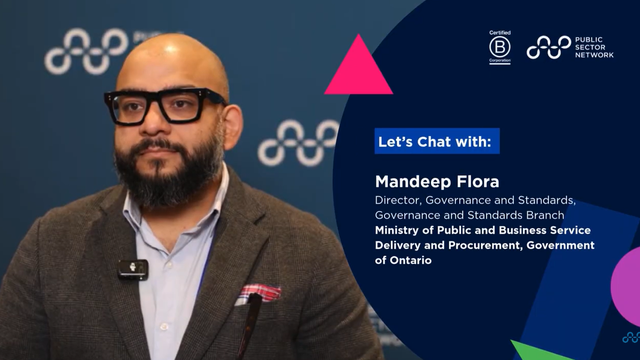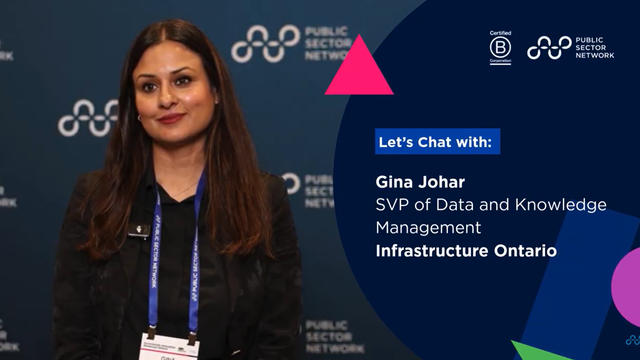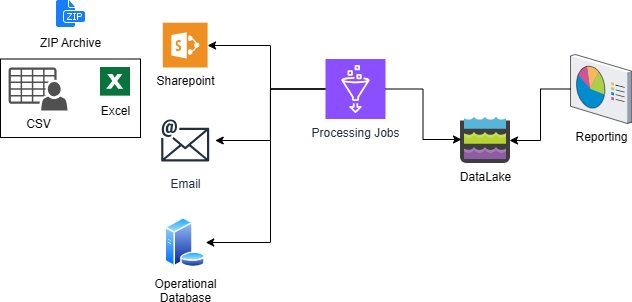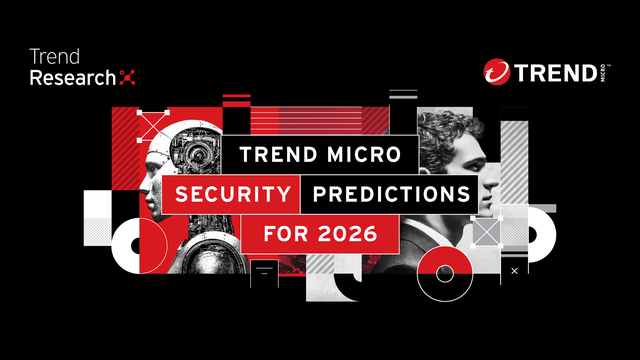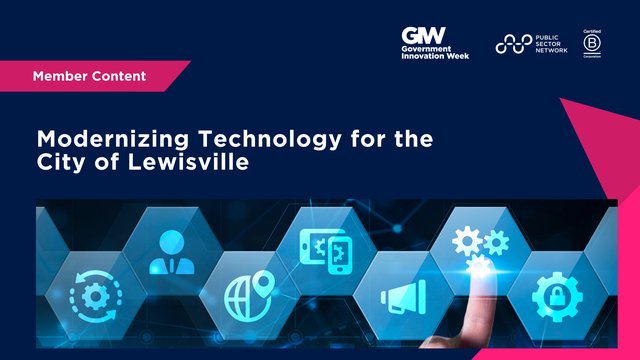

If you had an ‘AI double’ of yourself, what would you tell that clone to do? This is a question we’ve posed to over 100 educators at Sydney over the past few weeks, when introducing them to Sydney’s new generative AI platform, Cogniti We see generative AI as a powerful way to support teachers and their teaching, not supplant them. We’ve all been in the position where we’ve thought to ourselves, “If only I could clone myself… I would then be able to X for my students”.
When we asked educators at the University of Sydney this question, they came up with impassioned ideas such as:
- Providing instant and personalised feedback
- Personalising support and guidance
- Coaching on study techniques
- Explaining key concepts
- Encouraging exploration, curiosity, good questions, and new ideas
- Practicing workplace conversations
- Helping unpack assessments and marking rubrics
- Answering common questions
Here’s a selection of these AI doubles (we call them ‘agents’) that our educators have built using Cogniti over the last few weeks. We’re excited to see the different ways that generative AI can be steered by expert educators to personalise learning for their students.
Transforming what we do
The SAMR model of integrating technology into education speaks to ‘modification’ and ‘redefinition’ where technology allows the redesign of tasks or creation of previously inconceivable tasks. Both modification and redefinition lead to ‘transformation’ (as opposed to ‘enhancement’) of current practices. Here are a few examples of how our educators are designing AI agents to transform their practices.
Fundamentals of Chemistry helper
Toby Hudson has built an agent to support students in his Fundamentals of Chemistry unit. “This agent targets educational equity and will help close learning gaps for students studying Chemistry at university who have not previously studied chemistry,” he said. This Cogniti agent has been told to keep its answers succinct and help students broadly understand fundamental concepts. It has also been instructed to ask students questions to check their understanding and estimate their level of knowledge.
"I appreciate that I can customise the instructions to prevent misuse, and continually guide conversations back toward the intended purposes."
Toby has also designed the agent to not answer questions from tests or quizzes, nor about administrative elements of the unit. Students can use this agent to “find out about topics they’re not aware of, ask questions they feel vulnerable asking in public, and are encouraged to test their knowledge and receive feedback. I appreciate that I can customise the instructions to prevent misuse, and continually guide conversations back toward the intended purposes.” Using Cogniti this way, Toby can give his students access to the most powerful generative AI available, whilst controlling how students interact with it to ways that he considers are pedagogically meaningful.

Conversation with an AI chemistry helper
AI helper for group work projects
Rebecca Roubin has built an agent to help students improve their groupwork experiences. “This AI tool helps students work in teams, by managing and facilitating group work projects, that students often struggle with,” said Rebecca. The agent has been instructed to be an expert facilitator of collaborative projects, and assist student groups by managing and facilitating their projects, “by offering interactive, step-by-step assistance and real-time feedback, helping to assign roles based on student strengths, mediate discussions, track progress, and ensure equitable participation.”

Conversation with a groupwork assistance agent
Synthesis Task feedback assistant
Paola Clews designed an agent that was provided key texts that students had to synthesise as part of a practice assessment activity. “This bot has been designed to help students improve their writing skills by providing them with feedback on their synthesis task practice assessment,” Paola said. In addition to the texts used by students, this agent has been provided the marking rubric and also instructions to help students identify if their responses contain ideas relevant to the stimulus question. It has also been asked to help students consider the coherence of their argument, any misrepresentation of source ideas, paraphrasing mishaps, and more. “It will help students identify if they have included in their writing relevant ideas from their readings and if they have organised their paragraphs coherently.”

Conversation with a feedback agent
Goal-setting agent
Joanne Hinitt is building a Cogniti agent to help her students learn how to construct well-worded occupational therapy goals that would be useful for clients in a clinical setting. She has instructed the agent to act as a clinical practice supervisor: “it will ask them questions to help them refine the goals to fit with the SMART Goal principles (Specific, Measurable, Achievable, Realistic, Timeframe),” she said. The agent has been told to never write the goals for students, but rather to guide them by asking questions in a conversational style. “It will help them to be real and authentic with their goal setting statements – not becoming what I call ‘goal monsters’ where the goal becomes so convoluted it just does not make sense or is realistic especially for the client.”
Enhancing what we do
The SAMR model also includes ‘substitution’ and ‘augmentation’, where technologies perform part of what we do as educators, sometimes with a functional improvement. These ‘enhancement’ activities are still very valuable; here are a few examples of how our educators have designed AI agents to enhance what they do.
ANZCA pharmacology tutor
Matt Doane works in a highly specialised field of medicine: anaesthesiology. “As the Departmental Head of Academics and Research, I’m often stretched to support a portfolio that requires more hours than exist in a day or week,” he said. “The volume of medical knowledge that needs to be reviewed and consumed by our busy junior doctors is overwhelming and daunting.” His Cogniti agent provides trainees with the ability to test their knowledge 24/7, fill in gaps, and better prepares them to present information in appropriate ways.

Conversation with a pharmacology exam tutor
Matt has instructed the agent to present students with exam-style questions suitable for junior doctors, and has provided a set of example questions for the AI to model off. He has told the AI to include clinical contexts, provide hints for incomplete answers, and suggest to students that they should get in touch with him if they consider that an AI answer is incorrect. Interestingly, he has also asked his agent to create questions to different Bloom’s levels, such as compare, define, evaluate, justify; the agent is then instructed to support the student in improving their answer based on whether they have addressed the required level of skill and argumentation needed for these levels.
"This agent has helped focus and condense valuable learning resources, presenting it in a more efficient and relevant format that not only teaches but tests their comprehension.”
Socratic tutor for quantitative genetics
Alice Huang quickly built a Socratic tutor agent for her genetics unit, just in time for students’ exams. “Students were asking for more resources about these lectures (practice questions, in particular) and I was really struggling to find time to do this, so it was really helpful to be able to prepare this [agent] so quickly and easily to help them study,” said Alice. She provided her Cogniti agent with her lecture notes and asked it to act as an expert genetics professor and engage students in Socratic dialogue, asking them one question at a time. Because Cogniti provides students and staff with the reassurance that conversations with the AI are recorded, Alice could use this to better understand students’ pain points. “The chat logs were also so helpful for me to see how students are understanding the material, and in future semesters, I could see myself using this as feedback to see where students are struggling and need additional support or resources.”

Conversation with a genetics Socratic tutor agent
Molecules on the Menu helper
Peter Rutledge has built a Cogniti agent to help him answer student queries on unit organisation, assessments, deadlines, and other administrative issues. The instructions he has given to the agent are fairly simple: act as a supportive teacher, guide students through, don’t make things up, and for any uncertainty, encourage students to email the education support team. In addition to these simple instructions, Cogniti allows Peter to load up resources like pages and assessment descriptions from Canvas, the unit outline, and other unit-specific information. “This may be a bit unexciting,” Peter said, “but my motivation is to increase responsiveness and connectivity in an asynchronous learning environment, and deliver accurate information to students quickly, while alleviating the admin load on teaching and education support staff.”

Conversation with a unit helper AI
Tell me more
Cogniti is an early-stage pilot built in the Educational Innovation team at the University of Sydney.
Find out more about Cogniti at cogniti.ai
Read the full text of this article on Teaching@Sydney


